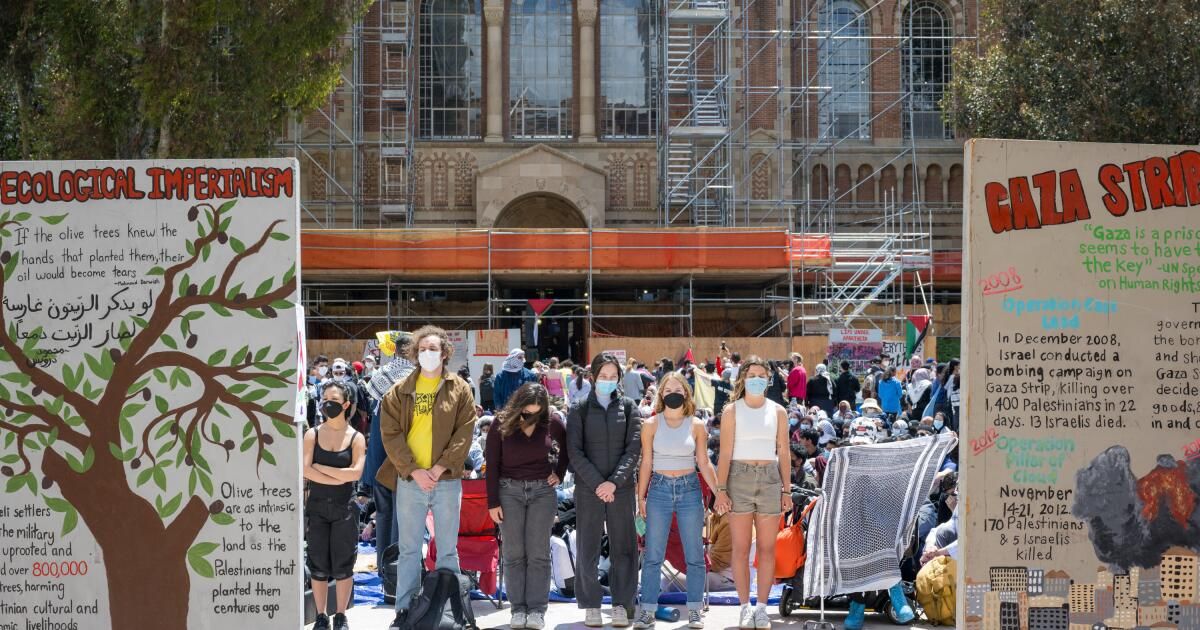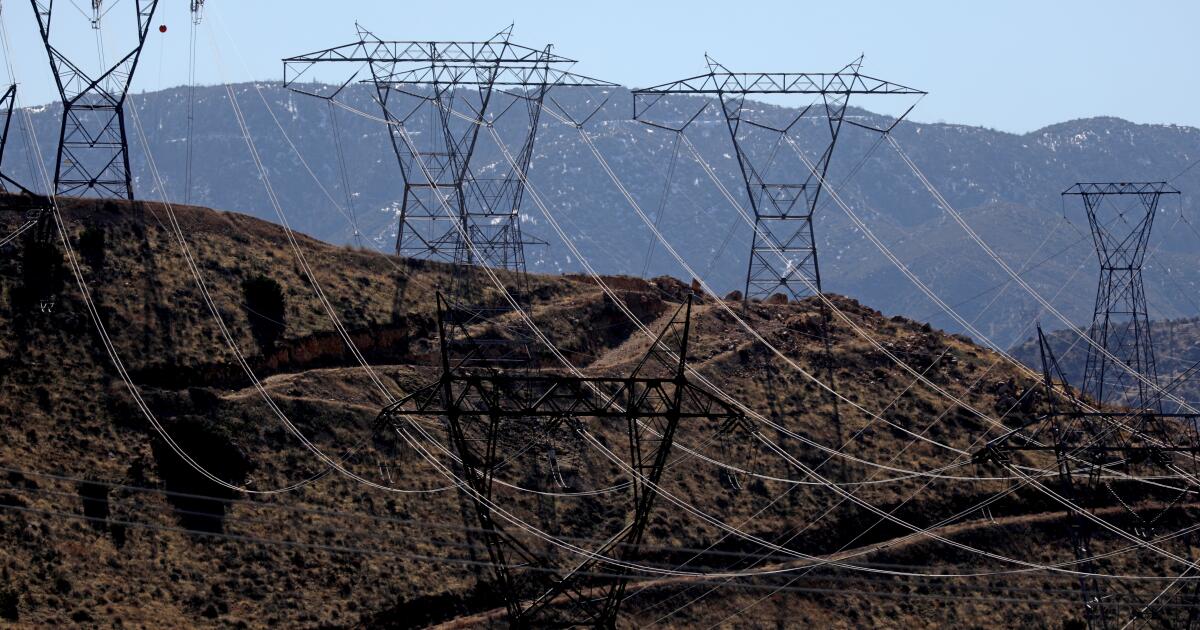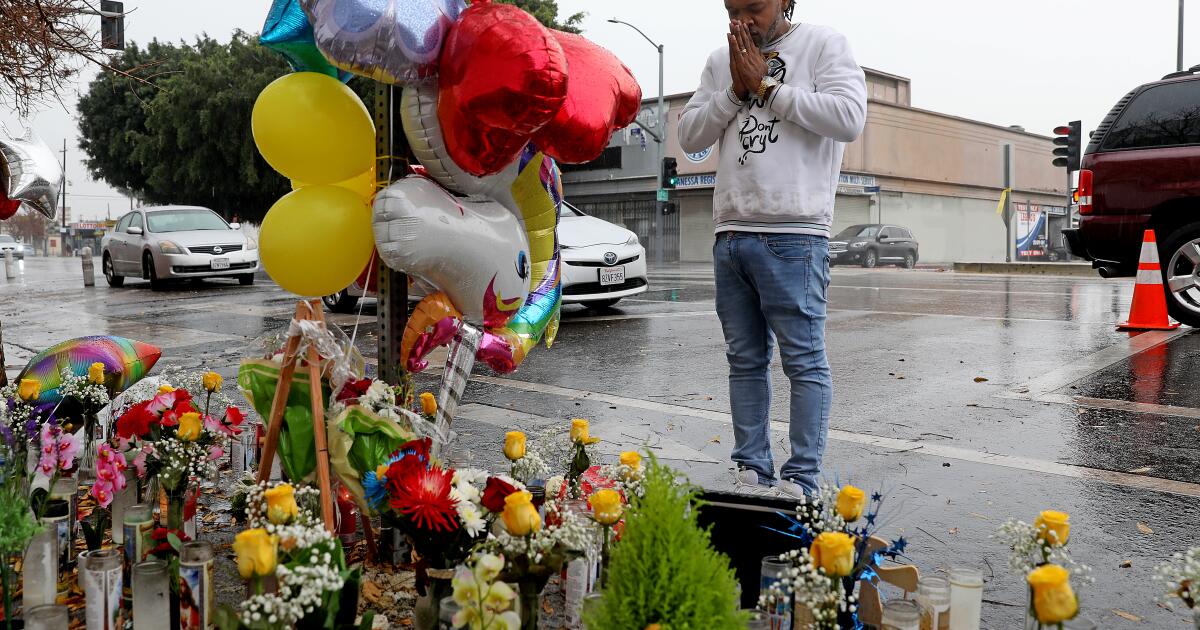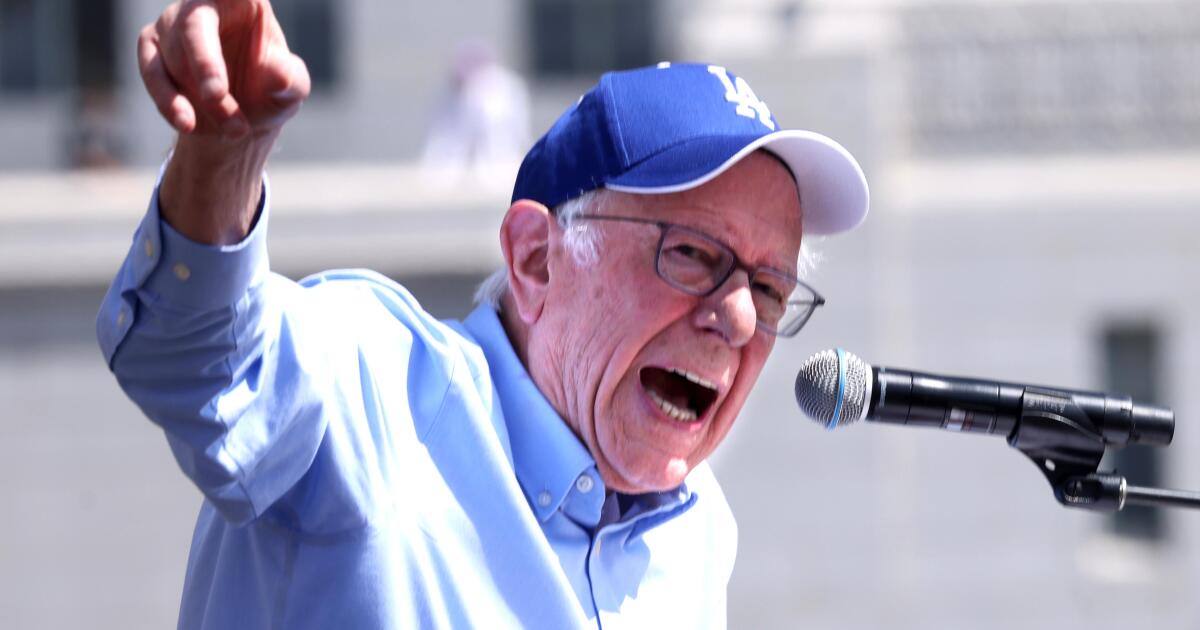When did it become fashionable to belittle the achievements of Vietnam War-era protesters, accusing them of inflated self-esteem and delusions about what their activism achieved?
In my opinion, the situation in the Middle East is more nuanced and complex than the United States' involvement in Vietnam ever was. Despite Israel's horrific response, I fear that many pro-Palestinian student activists are naively reluctant to confront the role Hamas and its allies have played in the conflict.
But telling students that their agitation is useless or merely performative because some people have doubts about the effectiveness of the anti-Vietnam War movement is simply wrong.
opinion columnist
Robin Abcarian
“Those students did not shorten that terrible war,” New York Times columnist Nick Kristof wrote of the protesters of the late 1960s. “Instead, they probably prolonged it.”
“Nostalgic defenders of the 1960s college protests wanted Americans to believe that they were heroically successful in stopping the Vietnam War,” Jonah Goldberg wrote in the Los Angeles Times. “But what they really helped bring about was the election of Richard Nixon and seven more years of war.”
There is certainly some truth there.
Americans elected Republican Richard Nixon over Democrat Hubert Humphrey in 1968, at a time when urban uprisings and all manner of political turmoil had exhausted voters. The Democratic Party was in disarray after President Lyndon B. Johnson refused to run again, Robert Kennedy was assassinated, and peace candidate Eugene McCarthy failed in his pursuit of the Democratic presidential nomination at the party convention. After all, Nixon courted that “silent majority” of supposedly politically moderate Americans. But Nixon also promised to end the Vietnam War, which a solid majority of the American public had disliked after the Tet Offensive in early 1968.
But blaming anti-war protesters for Nixon's decision to prolong the war in his misguided pursuit of “peace with honor” and his clandestine bombing of Cambodia is unfair.
and using that The conclusion of criticism of today's student protesters, who have disrupted college campuses with their pro-Palestinian protests and encampments, trivializes America's precious right to peacefully protest.
After Nixon's election, the anti-war movement gained a legitimacy that led to real change.
Responding to a wave of civil disobedience, including the organized burning of draft cards, Nixon recognized that the deeply unpopular draft had to end. In 1972, a year before the Paris Peace Accords ended the United States' role in the war, more American men had applied for conscientious objector status than were actually drafted. By some estimates, 100,000 young men are believed to have left the country rather than fight in a morally indefensible conflict that had exacted a terrible toll in American and Vietnamese blood and treasure.
Veterans like John Kerry, a commander of the Navy ship Swift, horrified by what he had seen and experienced in Vietnam, returned home and campaigned against the war. How could anyone deny the effect that Vietnam Veterans Against the War had on public sentiment?
In early 1971 in Detroit, the group convened the Winter Soldier investigations, a three-day event in which Vietnam veterans testified about the atrocities they had witnessed and inflicted. And that same year, Kerry became the first Vietnam veteran to testify on Capitol Hill.
“Every day,” he told the Senate Foreign Relations Committee in the spring of 1971, “someone has to give up their life so that the United States doesn't have to admit something that the whole world already knows, so that we can.” we have made a mistake. How do you ask a man to be the last to die for a mistake?
Here are some other ways anti-war protesters of that era helped improve this country:
Since the founding, the voting age in this country was 21 years old. The idea that you can kill or be killed for your country but have no say in its politics finally became untenable during the Vietnam War. Barry Maguire's 1965 hit song “Eve of Destruction” (“You're old enough to kill, but not to vote”) helped crystallize the issue, and the 26th Amendment was ratified on July 1, 1971.
Americans' blind faith in their government was forever shaken by the publication of the Pentagon Papers, stolen and made public by Daniel Ellsberg, the former military analyst turned anti-war activist, and the New York Times and the Washington Post . The leaked portion of the Defense Department report revealed to the public that the government had systematically lied about the war for years to the public and Congress.
As someone whose family was active in the antiwar movement and who was present as a child when Los Angeles police officers attacked antiwar protesters outside the Century Plaza Hotel in 1967, I recognize my own bias on the matter.
Will the current protest movement have any effect on US foreign policy and President Biden's support for Israel's devastating and disproportionate retaliation for the October 7 Hamas attacks?
Perhaps, like the Vietnam War protests of the last century, there will be a short-term backlash followed by long-term positive change.
Claiming that the protests are wrong or that they do more harm than good is extremely presumptuous.












